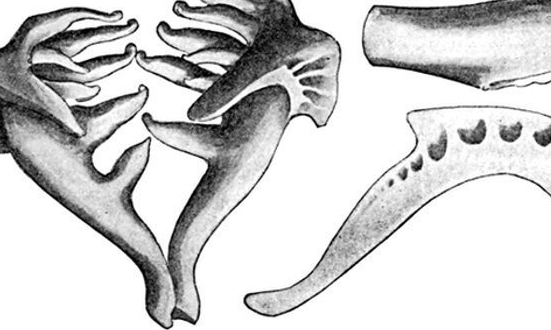How do you work with confession, Writer?
Extract from fiction writer G. M. Untervants:
“I had this supervisor who was blind. He called himself blind, not vision-impaired, so he was OK with me saying the word ‘blind’. Frankly, it still makes me feel a little co-opted, like I’m going to get a social frowny no-no every time I say it; anyway, he’s blind.
He used to see. I never asked what happened. In fact, I tried to talk to him as little as possible. I tried hard to not talk to him, especially alone. He gave me the creeps. I know you’re not meant to say stuff like that but the truth is, he did. He was creepy like a fiddling uncle or someone who never washes with soap because they think natural body odours are, you know, ‘natural’.
One afternoon he turned up to the team project meeting. He had the blur of a liquid lunch and stank like a midday beer mat. He turned up but his pants didn’t. His withering legs dangled in faded boxers and if you looked, he was poking through. I saw it but not because I was trying to see. I was just sitting in this meeting and someone said, ‘Craig mate, where are your trousers?’ I turned and it was in my line of view. Craig wasn’t embarrassed or anything. He said, ‘It’s my goal to get through this week without wearing trousers.’
Eleanor, she’s the same level as me but has a different supervisor, she was horrified. I was too, but I already knew how creepy Craig was. So, Eleanor, after the meeting, she complains to HR. Fair enough, right? You shouldn’t have to see penis in a team project meeting. HR hired an ‘independent investigator’. It was a big deal. Everyone got asked questions and recorded on camera. Turns out, Eleanor got charged with harassment for complaining about Craig. I stopped buying guide dog raffle tickets at Christmas and left the public service.”
Untervants, G. M. 2023. Confessions of the Pubic Servants APS2 to APS6. Melbourne: Rough Edge Press










